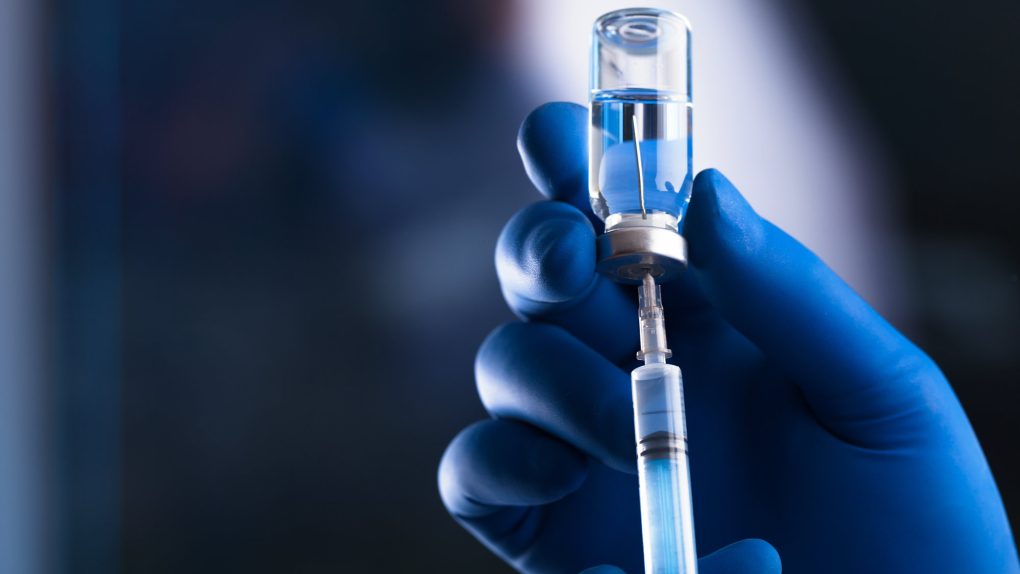- Russia claimed to have developed the world’s first coronavirus vaccine back in July.
- Dr. Fauci back in August said that the Russian coronavirus vaccine could cause “more harm than good.”
The coronavirus is spreading like wildfire across dozens of states in the U.S. And with colder weather already settling in, not to mention the impending arrival of flu season, experts warn that a massive spike in coronavirus cases, hospitalizations, and deaths may be inevitable.
The U.S., however, isn’t the only country currently dealing with a resurgence of coronavirus infections. Several countries across Europe — including France, Poland, Germany, Portugal, and the Netherlands — now find themselves in a similar predicament. Indeed, some countries in Europe — similar to some states in the U.S. — have already started implementing tighter restrictions in an effort to prevent the coronavirus from spreading further.
As it stands now, it’s hard to see a way out of the coronavirus pandemic without an effective vaccine. And while the U.S. was hoping for a vaccine to emerge before the end of the year, Dr. Anthony Fauci this week said that a vaccine won’t be available until January 2021 at the earliest.
Specifically, Fauci said that drug companies currently running clinical trials will have enough data to warrant a review sometime around December.
“Then it’s up to them to recommend that the company can then move forward,” Fauci explained. “By moving forward, they can apply for an emergency use authorization from the FDA. Exactly when the EUA will be granted, it could be January or it could be later, we don’t know.”
Meanwhile, you might recall that Russia claimed to have developed a COVID-19 vaccine — that it calls Sputnik V — all the way back in July. Of course, scientific proof that the vaccine actually worked has been slim, to say the least.
CNN reports:
International virology experts cast doubt on Russia’s claims of proven safety.
“People who were immunized with this vaccine won’t know whether they will be protected or develop a severe disease until they encounter the virus,” Konstantin Chumakov, a top virologist with the Global Virus Network, told CNN in an interview.
“And to do this, you need to immunize a whole lot of people and just wait until they will be infected and see whether they will have a lower incidence or they will have more severe disease. There is just nothing that can replace clinical trials.”
A few weeks ago, Dr. Fauci said that Russia’s supposed coronavirus vaccine wasn’t adequately tested and, as a result, is “bogus” and unsafe.
“It’s not bogus because he has a vaccine,” Fauci said. “What’s bogus is to say you have a vaccine that’s safe and effective.”
“There’s a big difference,” Fauci went on to explain, “between having a vaccine and proving in trials that are really well-designed, randomized placebo-controlled trials, that when you’re starting to give it widely to hundreds of millions of people, that you’re giving a safe and effective vaccine. The Russians, to my knowledge, and I’m pretty sure I’m correct, have not been studying this intensively in very large, randomized, placebo-controlled trials.”
All the while, coronavirus cases in Russia have been surging since the beginning of October. In fact, the situation in the country recently became so dire that Russian President Vladimir Putin this week implemented a mandate which demands people wear masks out in public. There is also a new 11 PM curfew on establishments like bars and restaurants.








